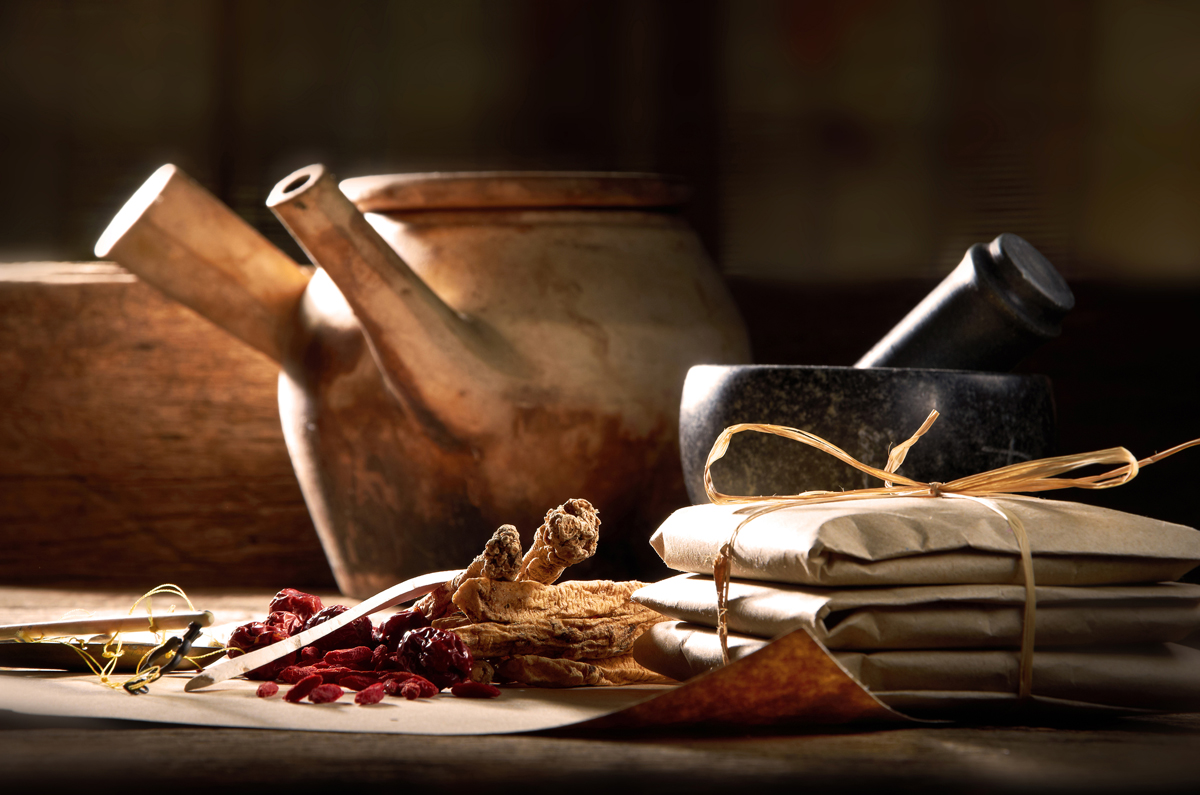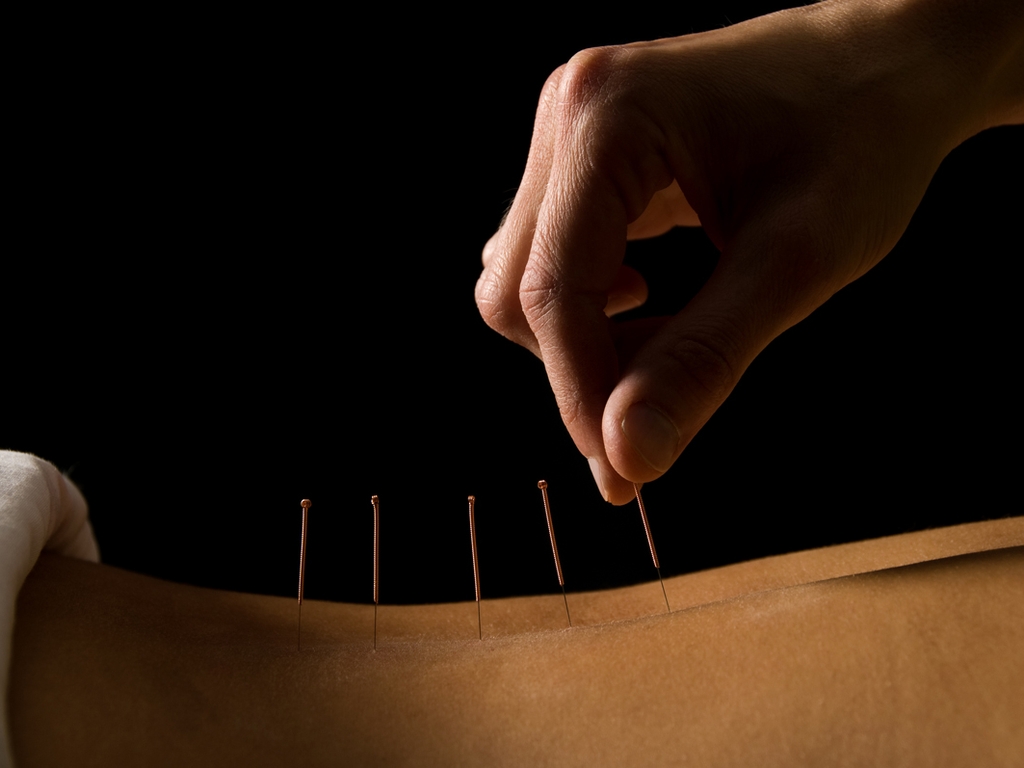Traditional Chinese medicine is hugely popular in this town, but for the uninitiated it can seem a little daunting. Judy Xu, a practitioner at Oriental Health and Balance Health, answered some of the more commonly asked questions about the centuries’ old practice.

What does a typical TCM consultation involve?
Chinese medicine offers a wide range of therapies, such as acupuncture, herbal therapy and cupping. Before any treatment, however, a thorough diagnosis is essential. Diagnosis is based on the following four pillars:
- Looking: This includes an assessment of a person’s emotional state and wellbeing, and body appearance and shape. One important factor here is a detailed look at the condition of your tongue, a reflector of your current health.
- Listening: In particular, we listen for breathing sounds, coughing and the sound of the voice; all are vital factors.
- Asking: We assess your past medical history, and your environment in terms of places, people, nutrition and diet.
- Pulse Diagnosis: A practitioner reads the state of individual organs and the balance of qi, blood, and yin and yang energy.
A holistic health consultation can then round up the TCM consultation. Achieving specific goals in your health is the starting point from which we explore your lifestyle, diet and emotional health. In addition, we explore your Chinese medicine body type to further understand the strengths and weaknesses of your body. During the holistic health consultation, we develop a personal health plan with a guide on your next steps, a report on what to eat, drink and avoid, and suggestions about which exercises and lifestyle changes will be most suitable.
At Balance Health, we are fortunate to have a variety of hands-on, alternative medicine and mind-body therapies available that we can recommend for each individual, depending on their needs. This enables us to go beyond Chinese medicine and to integrate a much deeper understanding and healing of your body.
How many sessions would someone expect to have with a practitioner before noticing an improvement?
The treatment duration varies depending on your health issues and what you would like to achieve. Patients with a cold or flu who seek to cure the symptoms can see our Chinese medicine doctor once and recover within three to seven days. Patients who seek to treat, say, infertility would usually see our doctor over several months, with weekly appointments, as in that particular case we are aiming to restore overall body health and treat the root cause of an imbalanced body.

Are there any complaints or conditions that people in Hong Kong commonly come to you with?
Common conditions we see in Hong Kong include stress and anxiety, which we can treat successfully and relatively quickly with acupuncture. Stress is often the root cause of a weak digestive issue which can further manifest itself in weight gain, lack of energy, insomnia and so on. Apart from coughs and colds, we see many people suffering from respiratory illnesses such as asthma, and also skin allergies. From a Chinese medicine perspective these are a result of a comparatively weaker immune system and a sign of a body that needs to be strengthened naturally.
Generally speaking, is there anything you can recommend for people who live here to stay healthy?
A strong body will be more able to withstand the harsh conditions of Hong Kong, be it high pollution, stress or long working hours. People who would like to assess their current body condition without seeing a doctor can try our online body-type test (chinesemedicinebodytype.com). It will assess your current body condition and indicate any imbalances you might have. Prevention is key, and our tool helps you to understand your body condition and indicates those areas that you might need to pay more attention to.
What is the biggest difference between TCM and Western medicine?
The ailments and disharmonies that are assessed in Chinese medicine are different to those in Western medicine. In Chinese medicine, one would not treat a vitamin D deficiency but instead look at enhancing the yang qi (essential energy) and organs that are out of balance. The result might be a balanced vitamin supply but achieved through different methods. Interestingly, to get more sun is one of Chinese medicine’s approaches to enhance yang qi, which is in line with the Western treatment of increasing Vitamin D. At the end of the day, each system uses different methods and different strategies all with the same goal: achieving a healthy and balanced body.
orientalhealth.com.hk
balancehealth.com.hk
See more in our Health & Fitness section!





